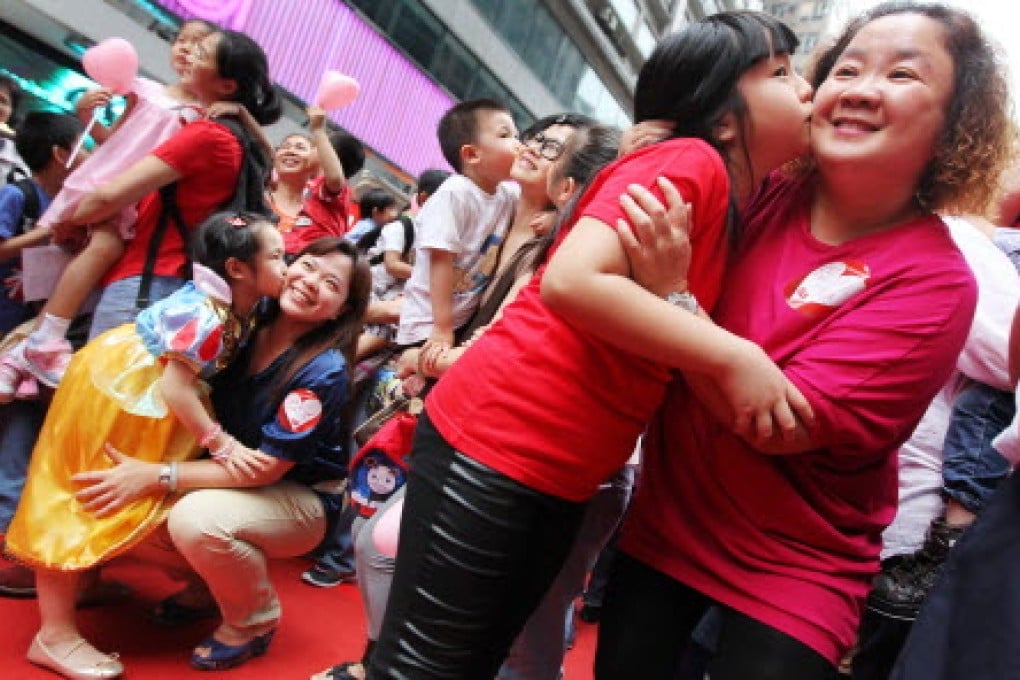Hong Kong women have reason to cheer policy address - to a point
Su-Mei Thompson says Leung's new measures to lessen poverty and the burden of elderly care will benefit women, but they don't go far enough

This week's policy address was fairly comprehensive in its attempt to deal with Hong Kong's most pressing issues. While it did not explicitly refer to women other than to announce a new study by the Labour and Welfare Bureau and the Women's Commission on why women leave the workforce and how we can attract them to return, the government's new initiatives - to improve the supply of housing, alleviate poverty, ease the burden of care for the elderly and enhance the upward mobility of the younger generation - all have profound implications for Hong Kong's women and girls.
This is all to the good, of course. However, it would have been heartening to see a few more creative solutions cutting across separate policy areas, recognising the interconnectivity of different social issues.
For example, the government's introduction of additional elderly-care allowances is helpful since the burden of elderly care can be considerable. But what can be done to reduce the strain on working women needing to take time off to accompany elderly parents for medical treatment?
While the government has committed to addressing the shortage of affordable housing, surely at the same time, given the rapidly ageing population, it would be beneficial to examine the possibility for more multi-generational housing and the location of medical services within housing estates and residential districts to reduce the stress on working women (and men) looking after elderly parents.
We also support the launch of the new study on why, particularly at the grass-roots level, women are dropping out of the workforce.
The policy address seemed to anticipate that a main reason for this is the lack of adequate childcare support and included new initiatives for enhanced support, for example through extended hours at day care centres. However, it was disappointing that there was no mention of the introduction of statutory paternity leave by all Hong Kong employers and not just the civil service, which has been offering five days of paternity leave since 2011.
